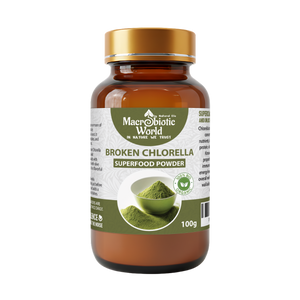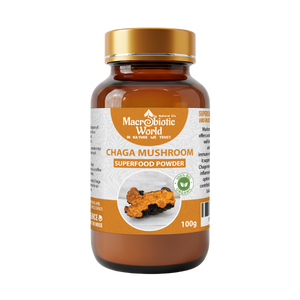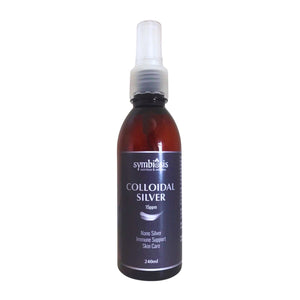Organic / Bio Probiotics Product

Health Benefits of Symbiotic Functional Food Products
Symbiotic of Probiotics and Nutraceuticals. Probiotics
Probiotic Species and In Vitro Selection Criteria
Health-Promoting Effects of Probiotics.
Nutraceuticals
Isoflavones.
Phytosterols and Health Benefits of Symbiotic of Probiotics, Isoflavones, and Phytosterols.
Functional Foods In the last few decades.
A radical change in the understanding of the role of food in human health promotion has been observed.
This understanding has changed from the primary role of food as the source of energy and body-building components to the more subtle effect of bioactive food components on human health (Grajek et al. 2005).
In addition, there has been an increasing public awareness about the role of foods in the well-being and life prolongation as well as in the prevention and treatment cancer, cardiovascular diseases, and osteoporosis.
Accordingly, a new category of health-promoting foods has emerged in the food market.
This new food category has been known as functional foods (Hilliam 1998; Jones 2002).
The concept of functional foods was launched for the first time by the Japanese Ministry of Health and Welfare in early 1980s under the "Foods for Specific Health Use" system (Huis in't Veld and Havenaar 1997; Yamada et al. 2008).
According to this system, more than 200 functional products have been marketed in Japan and around the world so far .
Even though several organizations have attempted to define the functional foods category, there is no globally accepted definition of it yet. can-
The International Life Sciences Institute of North America has defined functional foods as "foods that. by virtue of physiologically active food components, provide health benefits beyond basic nutrition" (ILSI 1999).
Whereas Health Canada (HC 1998a) defines functional foods as similar in appearance to a conventional food, consumed as part of the usual diet, with demonstrated physiological benefits, and/ or to reduce the risk of chronic disease beyond basic nutritional functions (HC 1998a).
One of the most generally accepted definition is "any modified food or food ingredients that may provide health benefits beyond that conferred by the traditional nutrients the food contains" (Marriott 2000).
Today, many scientific bodies proved that functional foods promote health benefits beyond the basic nutritional effects.
Modulation of intestinal health and immune system, anticarcinogenic, antidiarrheal, hypocholesterolemic effects, and lactose intolerance
Beneficial Microbes in Fermented and Functional Foods.
Among the promising intestinal modulation targets for functional foods are the control of transit time, bowel habits, anticancer effect, balanced colonic microflora, and mucosal motility as well as those that modulate the proliferation of epithelial cells (Cencic and Chingwaru 2010; Steer et al. 2000).
Other promising targets are also those associated with modifying gastrointestinal (GI) immune activity.
Various functional foods have been developed and marketed as a result of increasing health-promoting claims. Functional foods containing plant sterols and stanols; antioxidants; isoflavones; essential Omega-3-Fatty Acids.
Beneficial Microbes in Fermented and Functional Foods.
(Examples of Commercial Probiotic and Nutraceutical Functional Food Products.)






Leave a comment